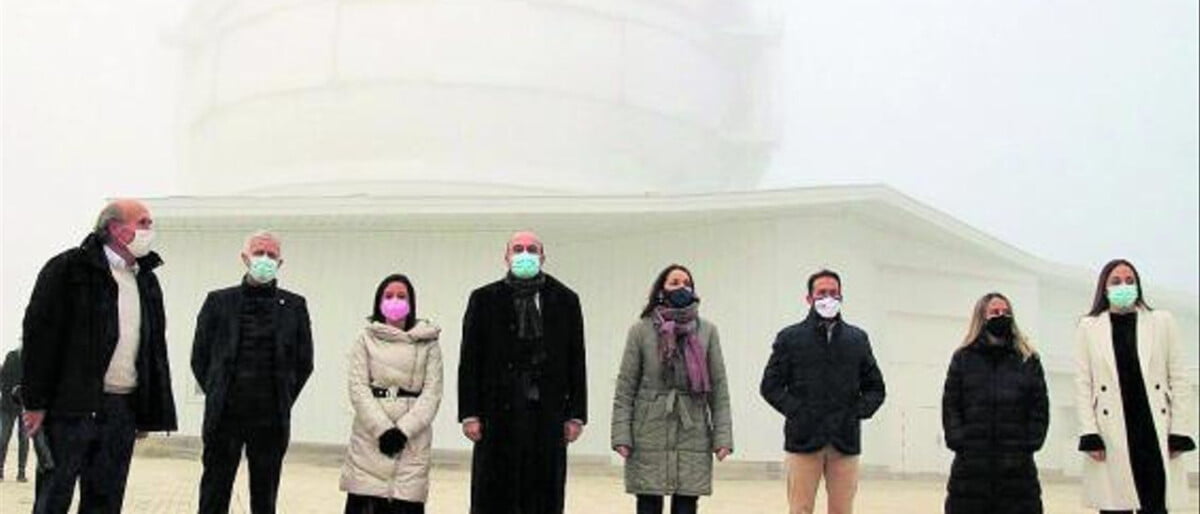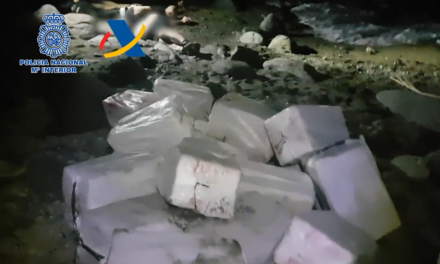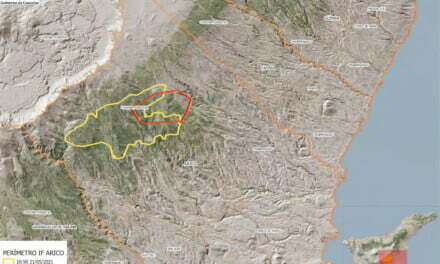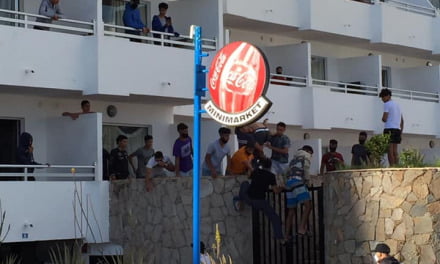The Government of Spain supports the Canarian Government‘s requests to the European Union for antigen tests to also be accepted for travelers who wish to reach the islands, Spain’s Minister of Tourism, Reyes Maroto, has confirmed upon arrival in La Palma to participate in the G20 summit that aims to reactivate the tourism sector worldwide.
Maroto explained that currently only PCRs are accepted in the European framework, although she made clear that her Ministry is working “with intensity” so that other diagnostic tests can also be recognised and that, in a short time, “both the Canary Islands and the whole of Spain opt for this type of evidence, compared to other measures such as quarantines or travel restrictions, which are still proposed by other countries, allowing us to continue being an example of safe mobility”.
The minister said that antigen tests are also an “effective and available” instrument for the majority of the population, so “from Spain we have to give a clear message that international trips can be made using these tests.” Work is currently under way for the European Commission to recognise the validity of these tests for those who wish to travel to Spanish territory and, as soon as they are accepted, incorporate them into national protocols.
Fourth visit to the Canary Islands
Maroto pointed out that this is her fourth visit to the Canary Islands since the pandemic began, which, she said, is “one more sign of the Government of Spain’s support for the institutions and citizens of the Islands.” She added that this international tourism summit will be of “extraordinary importance”, bringing together for the first time the leading representatives of world tourism, both public and private, to “commit to work on the reactivation of international tourism with the priority of restarting international travel, affected by the pandemic”.
“The best place to do this is the Canary Islands,” she said, where safe corridors and diagnostic test protocols are already in place, with a meeting in which “we want to convey to the world from the island of La Palma that you can travel safely and Spain is a safe destination”, Maroto reaffirmed.
The minister concluded her speech on her arrival to the island yesterday by confirming that, this Monday, a 2.5 million euro agreement will also be signed with the Cabildo de La Palma and the Government of the Canary Islands “To permit the conserving of natural heritage that, without a doubt, will contribute to continue improving the destination”, she concluded.
“We want to convey to the world from this island that Spain is a safe destination,” said Reyes Maroto
La Palma’s president, Mariano Hernández Zapata, said he was grateful that the island was chosen to hold this congress enabling them to show “some of our island benefits to those who visit us.” He also added that “it is a committed moment for the Canary Islands and we all want to reactivate the sector as soon as possible. This is a good starting point, ”he said.
La Palma hopes to facilitate the conclusions of this congress to allow the reactivation of tourism and the economy, also for the island, “where we have suffered during this pandemic,” Hernández Zapata concluded.
Asked about the fact that no international representative physically traveled to La Palma for the G20 summit, the president pointed out that “this is the new normal”, valuing highly that La Palma is the island that was chosen for the organization as the venue central of this telematic conference, which will allow “in one way or another for the memory of it having been held on the Island to remain.”
Receiving the Spanish delegation, Canary Islands regional Minister for Tourism, Yaiza Castilla, pointed out that “it is a time to share ideas and reflections and prepare for the future.” Castilla said that “this high-level conference showcases the Canary Islands at the forefront of the world” in matters of tourism, and stressed that this G20 meeting will represent “more than 20% of world tourism GDP”, setting up an economic and political forum of great relevance, “and of course, will give a huge boost to the tourism industry.”













